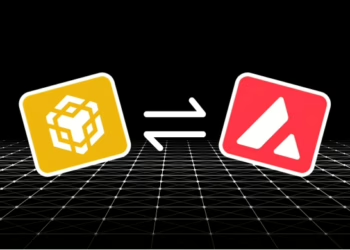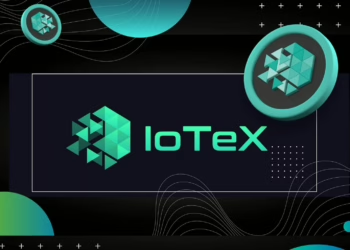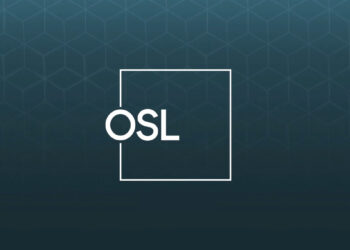Anza, a company emerging from Solana Labs, has introduced Alpenglow, a new proof-of-stake consensus protocol.
This upgrade is expected to significantly improve transaction finality speed and network responsiveness, marking the most substantial change to Solana’s core network since its launch. The goal is to enable blockchain applications to compete with traditional Internet infrastructure.
Alpenglow introduces two key components: Votor and Rotor. Votor replaces Solana’s current TowerBFT consensus mechanism by handling voting transactions and block finalization logic. It is designed to finalize blocks in a single round if 80% of the stake participates or within two rounds if at least 60% is responsive. This dual voting mode runs concurrently, allowing finalization as soon as the faster path completes.
Rotor is a data dissemination protocol that replaces Solana’s existing proof-of-history (PoH) timestamping system. By improving how data propagates across the network, Rotor aims to reduce the time nodes take to reach consensus on the network state.
1/ Introducing the largest Solana Protocol change ever: Alpenglow, Solana’s new consensus protocol conceived by the Anza Research team. Say goodbye to Tower BFT and Proof of History. Say hello to Votor & Rotor 🧵👇 pic.twitter.com/KPNQxQ1jBg
— Anza (@anza_xyz) May 19, 2025
Together, these innovations target a median finality latency of approximately 150 milliseconds, a speed that could allow Solana to compete with traditional Web2 infrastructure regarding responsiveness. According to Anza’s researchers, this breakthrough could unlock new real-time applications on blockchain that were previously impractical due to latency constraints.
Alpenglow aims to address some challenges in Solana but is not a complete solution, as it won’t entirely prevent network outages. The network currently depends on a single client, Agave, which poses risks due to potential bugs. However, introducing Firedancer, an independent validator client set to launch later this year, will enhance client diversity and network robustness.
Similarly, Monetary Metals and ORO Labs are partnering to launch Solana’s first interest-earning gold token. Unlike standard gold-backed tokens, the ORO token will generate yield through integration with Monetary Metals’ platform, creating a new asset class focused on yield-generating real-world assets. Initially, for institutional investors in an invite-only beta, a public launch is slated for later in 2025.
If you want to read more news articles like this, visit DeFi Planet and follow us on Twitter, LinkedIn, Facebook, Instagram, and CoinMarketCap Community.
“Take control of your crypto portfolio with MARKETS PRO, DeFi Planet’s suite of analytics tools.”




















